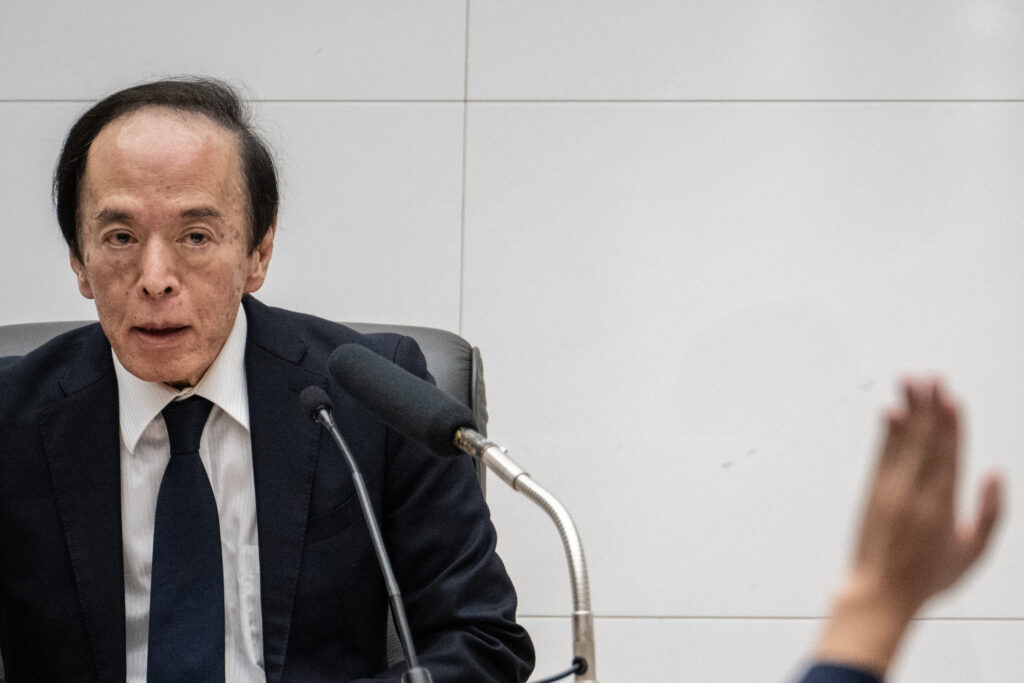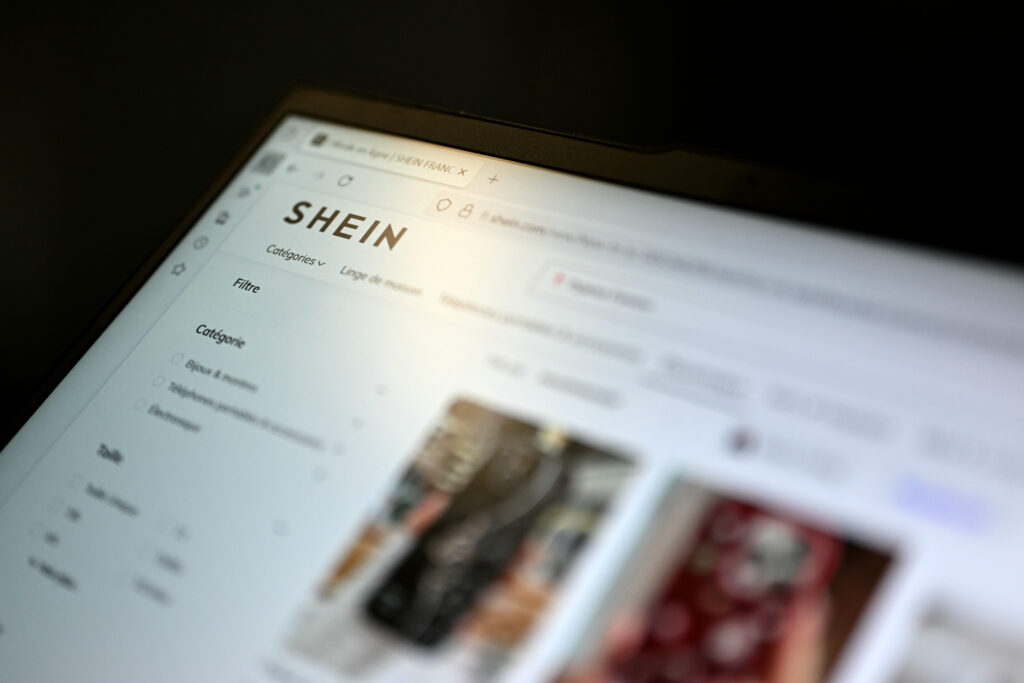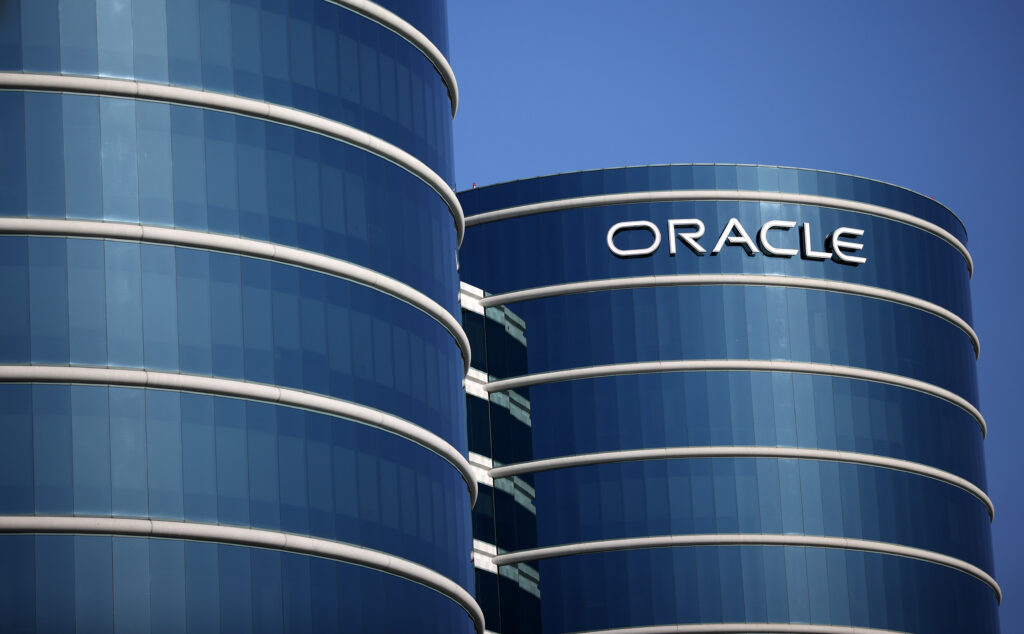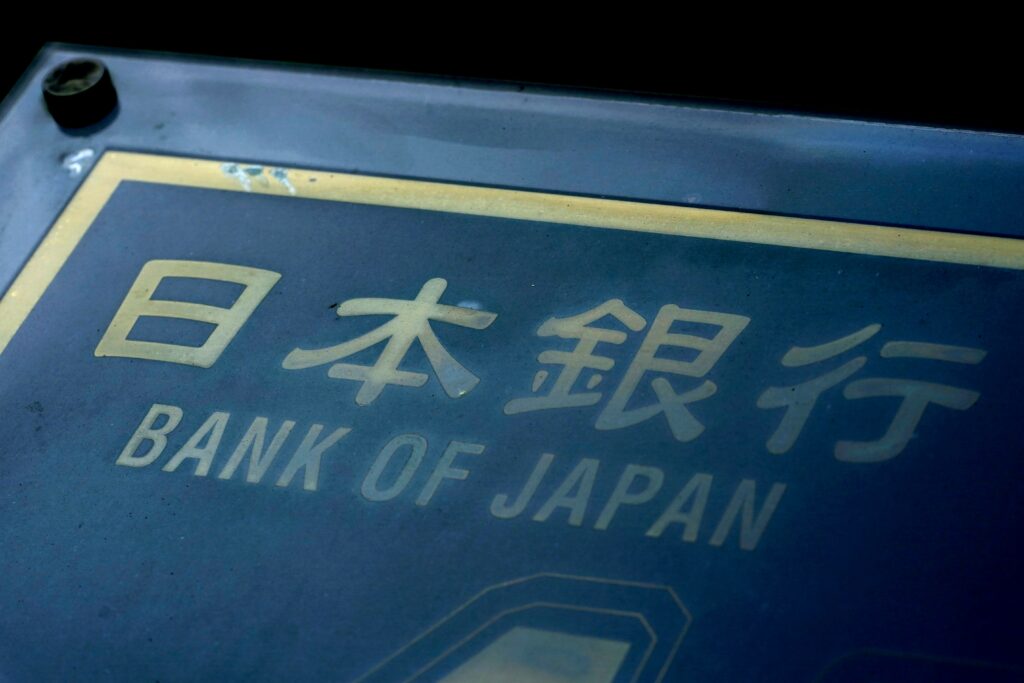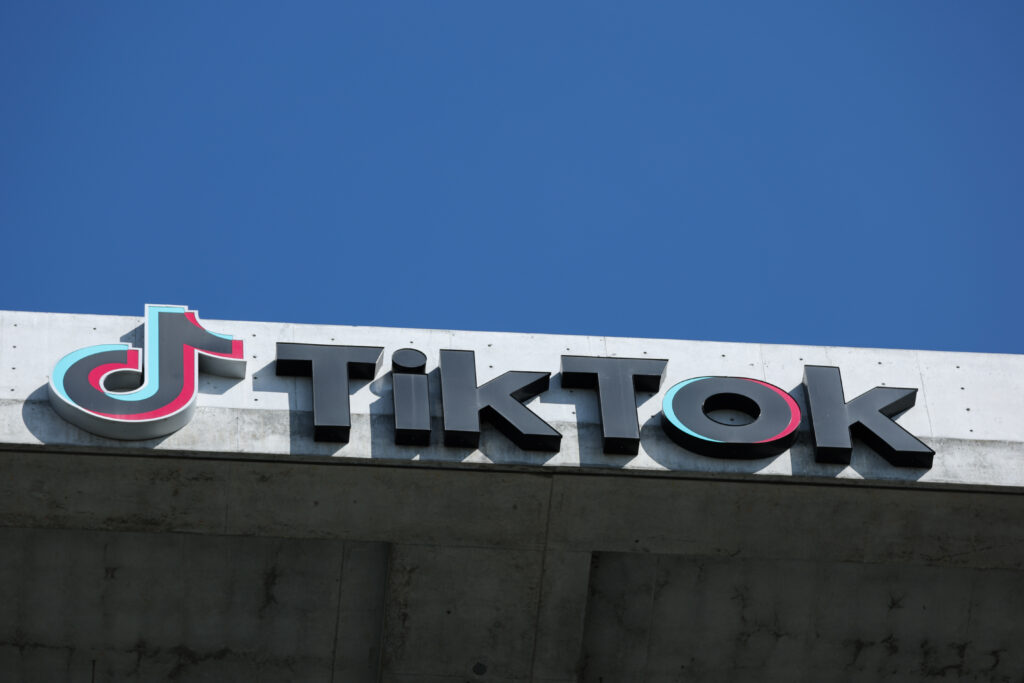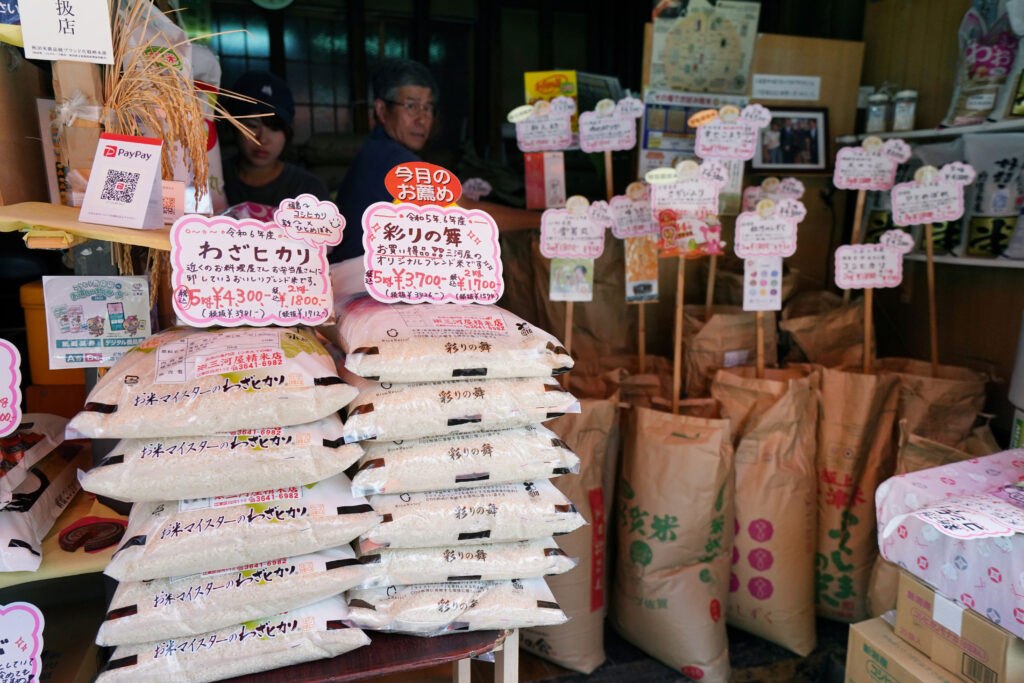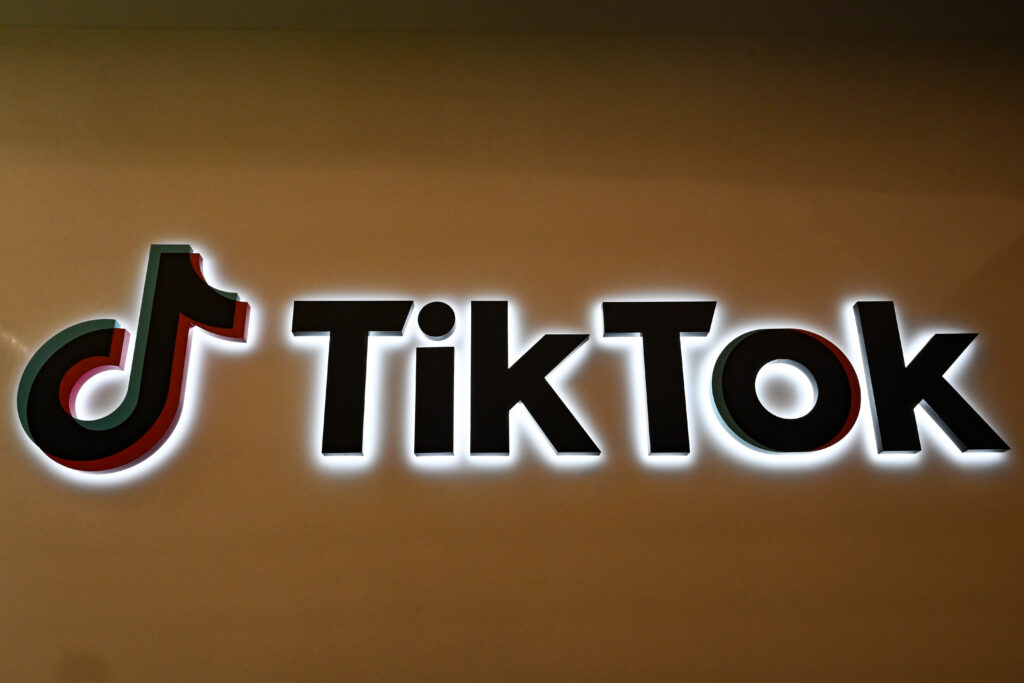Nasdaq rallies again while yen falls despite BOJ rate hike
Resurgent artificial intelligence shares lifted the Nasdaq Friday for a second straight session while the yen retreated despite a Bank of Japan interest rate hike. The tech-forward Nasdaq piled on 1.3 percent after a similar gain Thursday following blowout earnings from chip company Micron Technology.But several leading AI names including Nvidia, Advanced Micro Devices and Google parent Alphabet rose Friday with Micron, which soared for a second straight session.Large tech names are “kind of carrying the market in today’s session,” said Briefing.com analyst Patrick O’Hare. Those gains “helped stabilize a market that was kind of acting a little squirrely over the past week,” he added.Stocks have been choppy in recent weeks amid unease over the massive spending spree on AI infrastructure. But Micron’s results helped reignite the AI stock trade.The Dow and S&P 500 also advanced on a day in which most leading European and Asian bourses also rose.Also Friday, the Bank of Japan hiked interest rates to a 30-year high.The unanimous vote to lift the main borrowing rate to 0.75 percent from 0.5 percent came hours after official data showed the country’s core inflation rate held steady in November but was still well above policymakers’ two percent target.The bank began hiking rates from below zero in March last year as figures signaled an end to the country’s “lost decades” of stagnation, with inflation surging.However, the dollar jumped about 1.3 percent following comments from BoJ governor Kazuo Ueda that left some traders wondering about what comes next.”Cautious comments on the rate outlook from BoJ Governor Ueda at his press conference have undercut the yen.” said a note from Scotiabank.Russia’s central bank said it was cutting its benchmark interest rate to 16 percent as the country’s economy sags under the financial burden of the Ukraine offensive and Western sanctions.The Bank of England cut rates Thursday, when the European Central Bank left eurozone borrowing costs unchanged.Shares in Oracle jumped nearly seven percent after TikTok said it had signed a joint venture deal with investors that would allow the company to maintain operations in the United States.The deal will see Oracle take a 15-percent stake in the joint venture with private equity fund Silver Lake and Abu Dhabi-based MGX, an Emirati state-owned investment fund for artificial intelligence technologies.But Nike tumbled 10.5 percent after reporting lower quarterly earnings as the sports giant continues to be dogged by poor sales in China.- Key figures at around 2115 GMT – New York – Dow: UP 0.4 percent at 48,134.89 (close)New York – S&P 500: UP 0.9 percent at 6,834.50 (close)New York – Nasdaq Composite: UP 1.3 percent at 23,307.62 (close)London – FTSE 100: UP 0.6 percent at 9,897.92 (close) Paris – CAC 40: FLAT at 8,151.38 (close)Frankfurt – DAX: UP 0.4 percent at 24,288.40 (close)Tokyo – Nikkei 225: UP 1.0 percent at 49,507.21 (close)Hong Kong – Hang Seng Index: UP 0.8 percent at 25,690.53 (close)Shanghai – Composite: UP 0.4 percent at 3,890.45 (close)Dollar/yen: UP at 157.59 yen from 155.55 yen on ThursdayEuro/dollar: DOWN at $1.1719 from $1.1722Pound/dollar: UP at $1.3386 from $1.3381Euro/pound: DOWN at 87.55 pence from 87.60 penceBrent North Sea Crude: UP 1.1 percent at $60.47 per barrelWest Texas Intermediate: UP 0.9 percent at $56.66 per barrelburs-rl/sbk/jmb/sla
